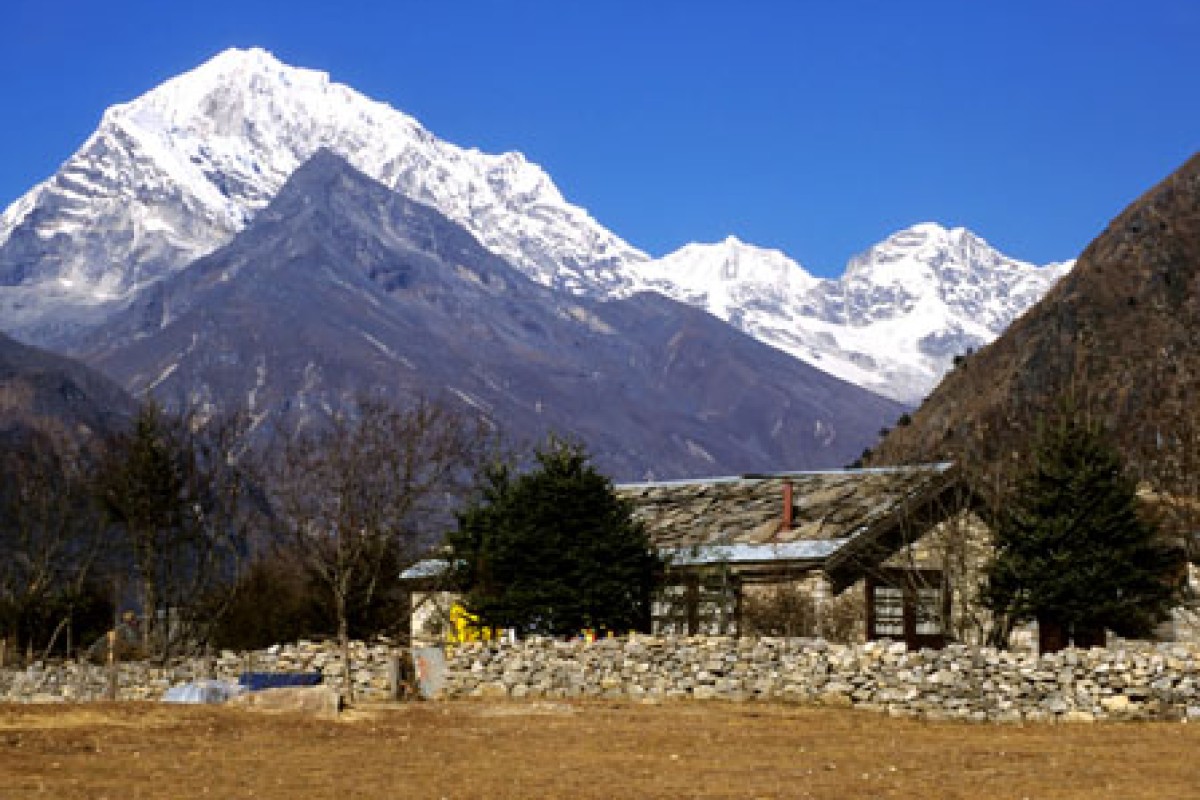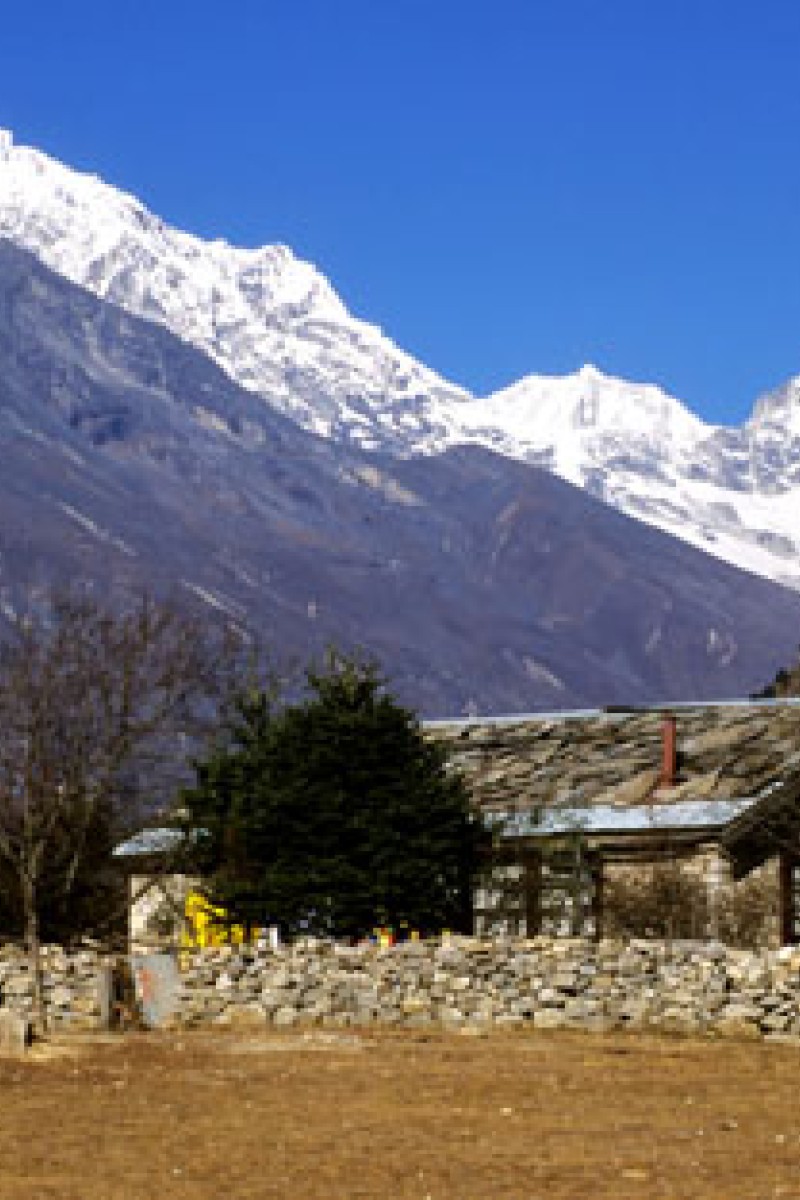 iii
iiiBy Cameron Dueck
Understanding climate change and finding a solution for the problem relies on science. But recently a scandal, named Climategate, has undermined the reputation of scientists and caused a heated debate over the facts.
Climategate involves a series of scientific claims in support of climate change, which have been proven wrong or exaggerated. One was a prediction that all Himalayan glaciers could melt by 2035. After further research, it was found that this was based on a comment made by a scientist during an interview, not actual science. The second issue centred on a scientist at the University of East Anglia in Britain. Someone hacked his e-mail and found e-mails proving he ignored certain data, which contradicted his argument on rising temperatures. The third and most recent case involves the same scientist, who appears to have used flawed and unreliable data from Chinese weather stations.
It's complicated stuff, and so far there's no verdict on what it all means. Professor Phil Jones, the scientist involved, claims that his arguments remain solid despite the questions over some of his data.
But in the meantime, this has raised a debate over whether or not climate change is proven by science, and therefore is something that we need to address. Many people do not believe that climate change is real. They say that temperatures go up and down over time, and that we are simply undergoing a natural rise. They dispute the science that says burning fossil fuel, such as coal, oil and gas, puts harmful gasses in the atmosphere that contribute to climate change.
So what should the common person think? I don't understand all the scientific evidence of climate change, just the same as I don't understand how my body works as well as my doctor understands it. But I trust my doctor, just as I trust scientists to tell me the truth.
There is still a lot of science that supports the climate change theory. Scientists are finding the same story whether they study glaciers, the oceans, sea ice or any other part of the earth. Proving that some scientists were dishonest shows there needs to be a review of how scientists work, but it does not erase the huge body of science that supports the global warming theory.
To to join the discussion, click here
<!--//--><![CDATA[// ><!-- PDRTJS_settings_1319624 = { "id" : "1319624", "unique_id" : "default", "title" : "", "permalink" : "" }; //--><!]]>